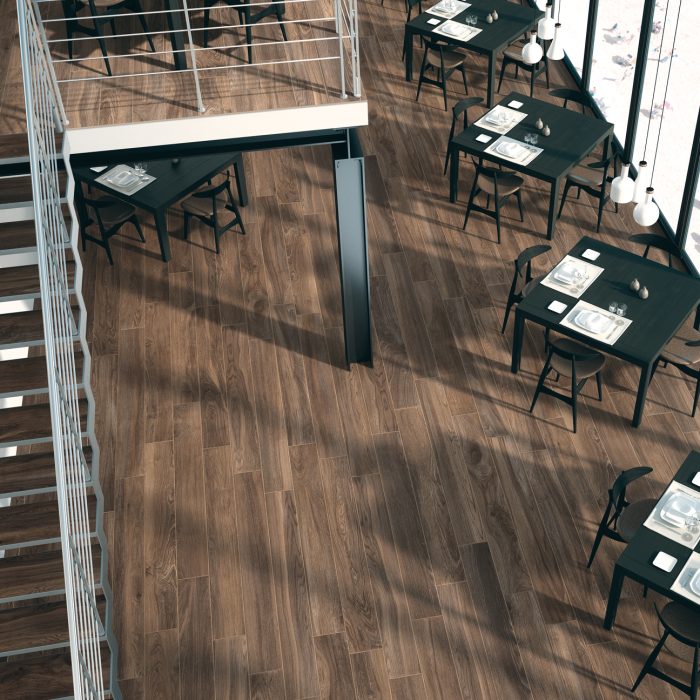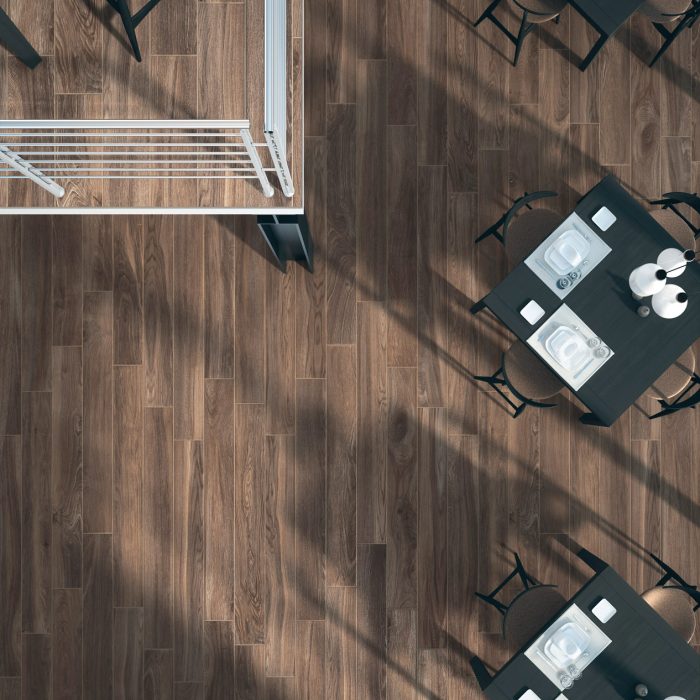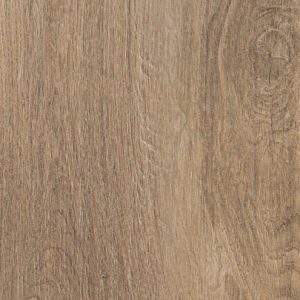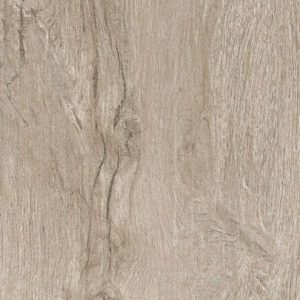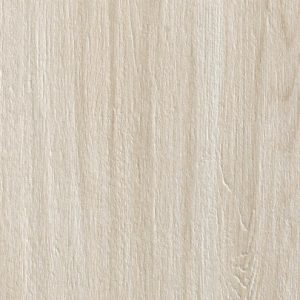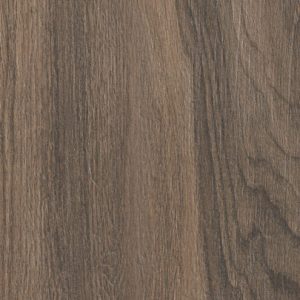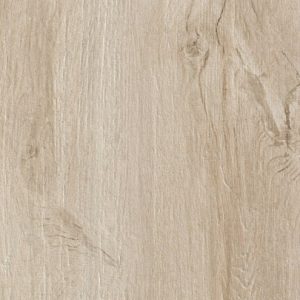Shade Tone Variance
Cocoa – Natural has been classified: V2
Understanding Shade Tone Variance
Shade, texture and tone can vary from piece to piece within a single tile production run. V1 shade tone variation has little or no change from piece to piece where a V4 might have a substantial variety of shade, texture and tone variation.
| Variance Rating | Description |
|---|
| V1 | Uniform Appearance |
| V2 | Slight Variation |
| V3 | Moderate Variation |
| V4 | Substantial Variation |
Ramp Test Values (DIN 51130)
Understanding Ramp Test Data
DIN Standard Ramp Testing (DIN 51130) is an alternative to Pendulum Testing and generally categorised as an 'off-site' activity because of the size and complexity of the equipment required to carry out the test. The Slip Resistance Values (RSV) are factory gate values (based on supplied tiles) and categorised using the Ramp Test (DIN 51130) method which is commonly used by European factories. In this method, a lubricated inclined platform is adjusted to a gradually increasing gradient, and the angle is measured at which a person walking on it slips.
We have deliberately not included the ramp test angles on this page as this information can be confused with the angle that a floor may be safely set to, which is incorrect. The shod test results are quoted as an R Rating value from R9 to R13, which relates to the ramp angle.
| R Rating Value | Friction |
|---|
| R9 | Minimal |
| R10 | Normal |
| R11 | Good |
| R12 | Good |
| R13 | Very high |
See the Health and Safety Executives website for more information regarding the Ramp Test procedure. Ramp Test Certificate available on request.
Natura is ECOLABEL and LEED® certified.
All our porcelain surfaces are manufactured using sustainable processes that minimise the impact on the environment, conserving both energy & natural resources.
All products are produced without the use of any harmful or radioactive materials, are free from pollutant emissions and will not effect air quality. All packing material is produced with recycled material. Wherever possible, heat generated as a by-product of the manufacturing process is used for electricity generation, making factories energy self sufficient. All waste material that is associated with the supply of the tile surface is fully recyclable.
All products are manufactured using materials from renewable sources. They have a reduced environmental impact throughout their lifespan and no toxic, harmful or polluting substances are used for their composition and production. The materials do not release toxic, harmful or polluting substances.
Natura meets the highest standards of quality and environmental regulations and conforms to the following certifications:
LEED®

LEED® (Leadership in Energy and Environmental Design) is the world's most widely used green building rating system by the U.S. Green Building Council. LEED® certification provides independent, third party verification that a building project meets the highest green building and performance measure. All certified projects receive a LEED® plaque, which is nationally recognized symbol demonstrating that a building us environmentally responsible, profitable and a healthy place to live and work.
The LEED® program encourages the adoption of sustainable green building and development practices and promotes a whole-building approach to sustainability by recognizing performance in five key areas of human and environmental health: sustainable site development, water savings, energy efficiency, materials selection and indoor environmental quality.
All porcelain tiles within our collection comply with LEED® certification and are suitable for the LEED® approval process.
EU Ecolabel

The EU Ecolabel helps you identify products and services that have a reduced environmental impact throughout their life cycle, from the extraction of raw material through to production, use and disposal. Recognised throughout Europe, EU Ecolabel is a voluntary label promoting environmental excellence which can be trusted.
The EU Ecolabel is awarded according to ecological criteria agreed on by experts, industry, consumer organisations and environmental NGOs and verified by independent third parties.
NSF®

NSF® has facilitated the development of more than 75 standards and protocols for sanitary food equipment, and has certified thousands of products as safe to use in restaurant and commercial kitchen settings. NSF® food equipment standards include requirements for material safety, design, construction and product performance. The products conform to the requirements of NSF/ANSI Standard 51 – Food Equipment Materials. NSF/ANSI 51 establishes minimum public health and sanitation requirements for materials and finishes used in the manufacture of commercial foodservice equipment.
GREENGUARD

GREENGUARD Certification ensures that a product meets stringent standards for minimal emissions of volatile organic compounds (VOCs) into indoor air. This program provides assurance that products designed for indoor use adhere to strict chemical emissions limits, fostering the creation of healthier interiors. Manufacturers with GREENGUARD Certification gain credibility for their sustainability claims, supported by empirical technical data from an unbiased third-party organisation. The GREENGUARD Certification Program instills confidence by ensuring that indoor products meet strict chemical emissions limits, contributing to the creation of healthier interior spaces. This empowers manufacturers to produce and customers to identify products with low chemical emissions, thereby supporting air quality and environmental well-being.
For more information please read our article on Environmental Impact.


